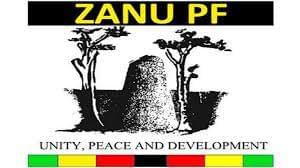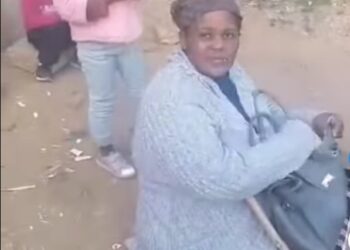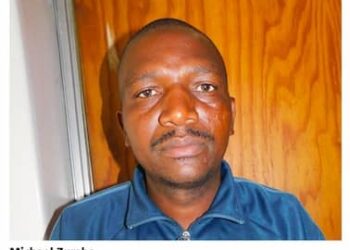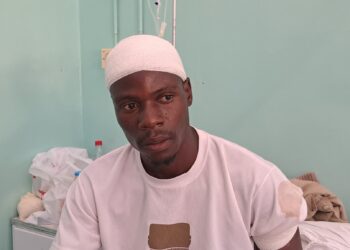Zanu-PF has reportedly initiated a massive witch-hunt to punish party leaders accused of sabotaging President-elect Emmerson Mnangagwa after they won more votes than him in the August 23 and 24 elections.
Mnangagwa polled less votes than some of the party’s National Assembly candidates who polled 144 680 votes more that Mnangagwa, according to Zimbabwe Electoral Commission (Zec) figures.
Mnangagwa won in 127 constituencies, while Zanu-PF won in 136 in this election against the ruling party’s directive ahead of the polls that no aspiring party parliamentary of council candidate should poll more votes than Mnangagwa.
In 2018, Mnangagwa’s vote tally of 2 456 010 was 21 698 votes less than Zanu-PF’s total parliamentary votes of 2 477 708.
Manicaland Zanu-PF official Robert Nyebudzo has allegedly become the first victim to be charged with bhora musango following the defeat of Enock Porusingazi by CCC’s Clifford Hlatshwayo in Chipinge South.
Bhora musango was popularised during the 2008 elections when Zanu-PF supporters voted for the ruling party candidates in the parliamentary elections while rejecting the late former President Robert Mugabe.
Porusingazi lost the ruling party’s primary elections to Robert Nyemudzo, but the latter was immediately arrested for brewing illicit beer and disqualified for the primaries. Porusingazi, who came second, automatically became the party candidate.
In a letter seen by NewsDay, Zanu-PF Manicaland leadership has summoned Nyemudzo to a disciplinary hearing for allegedly sabotaging the party.
“It is alleged that you funded bhora musango in Chipinge South to the extent of celebrating Zanu-PF loss,” the letter read.
Zanu-PF Manicaland provincial chairperson Tawanda Mukodza said the party was flushing out those who sabotaged Mnangagwa in the elections.
“For the party to survive we need astute loyal cadres, discipline is key and the constitution of the party must be respected,” he said.
In July, former State Security minister Owen Ncube warned aspiring Zanu-PF legislators against garnering more votes than Mnangagwa.
Ncube, who is the Zanu-PF Midlands provincial secretary for security, said polling more votes than Mnangagwa, the party’s presidential candidate, was a cardinal sin that should be avoided.
However, the election proved that some legislators were more popular than their presidential candidate.
In Hwedza South constituency, Zanu-PF candidate Tinoda Machakaire had more votes than Mnangagwa.
Gold dealer Pedzisai “Scott” Sakupwanya who lost in the Mabvuku-Tafara constituency also garnered more votes than Mnangagwa.
Barbara Rwodzi, a Zanu-PF candidate in Chirumanzu South, also garnered more votes than Mnangagwa.
In Bulawayo’s Cowdray Park constituency; Finance minister Mthuli Ncube had more votes than Mnangagwa.
In an interview yesterday, political analyst Rejoice Ngwenya said the low votes by Mnangagwa compared to parliamentary candidates indicated that he was not popular in his own party.
“l am not even shocked that Mnangagwa is less popular than his candidates, he should only thank Zanu-PF for campaigning for him. Yes elections are over, we are left with contestation,” he said.
Another analyst Vivid Gwede weighed in saying Mnangagwa was less popular than his political party even in areas where his party dominates.
“This could also be a sign of voters making different choices of parties for local positions like MP’s and the Presidency. In other words, voters are not following party statutes,” he said.
Political analyst Tendai Reuben Mbofana said Mnangagwa was being rejected because of the economic meltdown.
“This is the same scenario we witnessed in 2008 elections, the first reason is of factional fighting in Zanu-PF, in some rural areas we have heard of traditional leaders saying vote for Zanu-PF candidates but for the Presidency CCC candidate Nelson Chamisa,” said Mbofana.
‘’One of the reasons is that some of the candidates were imposed during the primary elections. Zanu-PF supporters are showing their anger by rejecting him (Mnangagwa) and the other reason Mnangagwa was being rejected was because of the economic meltdown, people have suffered.”
Source Bulawayo24









